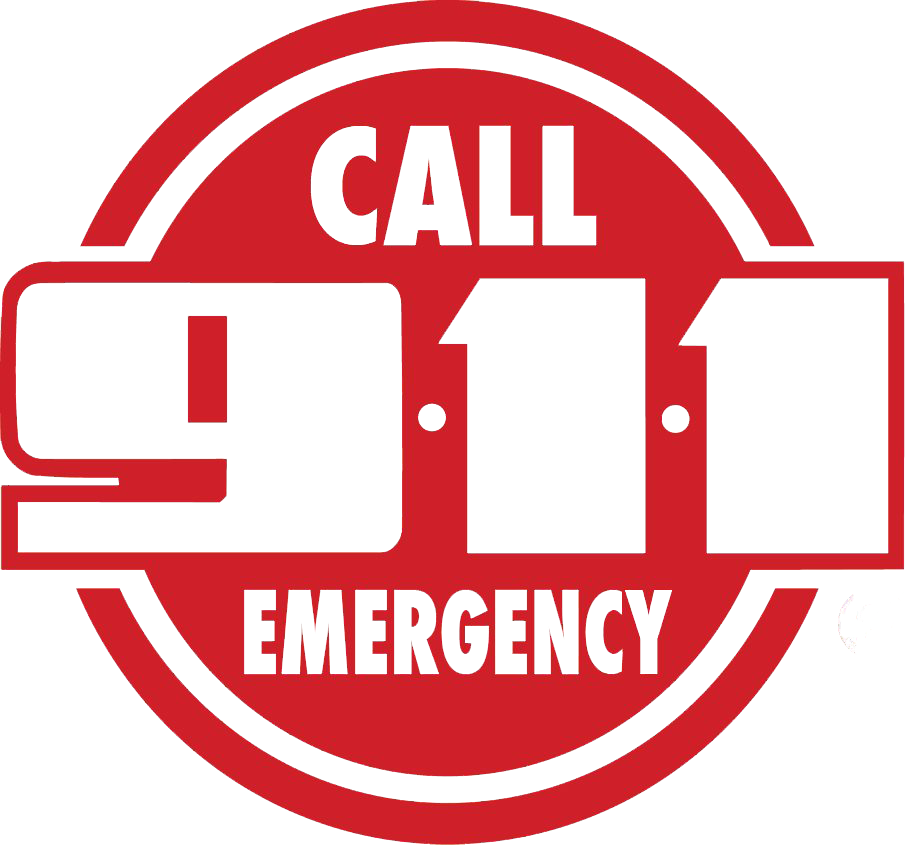9-1-1 IS THE NUMBER TO CALL WHEN YOU NEED HELP IN AN EMERGENCY!
9-1-1 is reserved for emergency situations only. An emergency is any situation that requires immediate assistance from the police/sheriff, the fire department or an ambulance. If you are ever in doubt of whether a situation is an emergency you should call 9-1-1. It’s better to be safe and let the 9-1-1 call taker determine if you need emergency assistance. However, callers should still use sound judgment when trying to determine the difference between an “emergency” and a “non-emergency.”
A person should not call 9-1-1 to ask for directions, report a lost pet or complain about a noisy neighbor.
DO NOT CALL 9-1-1:
- For information
- To ask why Utility Services have been interrupted or when they will be restored (Unless there is a medical emergency)
- For directory assistance
- To ask for directions
- To complain about a noisy neighbor
- When you’re bored and just want to talk
- For paying tickets
- To report a lost pet
- As a prank
If you call 9-1-1 by mistake, do not hang up. Tell the call taker what happened so they know there really isn’t an emergency. People who call 9-1-1 as a joke or a nuisance can be subject to fines and legal action.
WHAT ABOUT 9-1-1 PRANK CALLS?
It’s a prank call when someone calls 9-1-1 for a joke, or calls 9-1-1 and hangs up. Prank calls not only waste time and money, but can also be dangerous. If 9-1-1 lines or call takers are busy with prank calls, someone with a real emergency may not be able to get the help they need. In most places, it’s against the law to make prank 9-1-1 calls.
TEXAS PENAL CODE – 42.061 SILENT OR ABUSIVE CALLS TO 9-1-1 SERVICE
(a) In this section “9-1-1 service” and “public safety answering point” or “PSAP” have the meanings assigned by Section 771.001, Health and Safety Code.
(b) A person commits an offense if the person makes a call to a 9-1-1 service, or requests 9-1-1 service using an electronic communications device, when there is not an emergency and knowingly or intentionally:
(1) remains silent; or
(2) makes abusive or harassing statements to a PSAP employee.
(c) A person commits an offense if the person knowingly permits an electronic communications device, including a telephone, under the person’s control to be used by another person in a manner described in Subsection (b).
(d) An offense under this section is a Class B misdemeanor.

